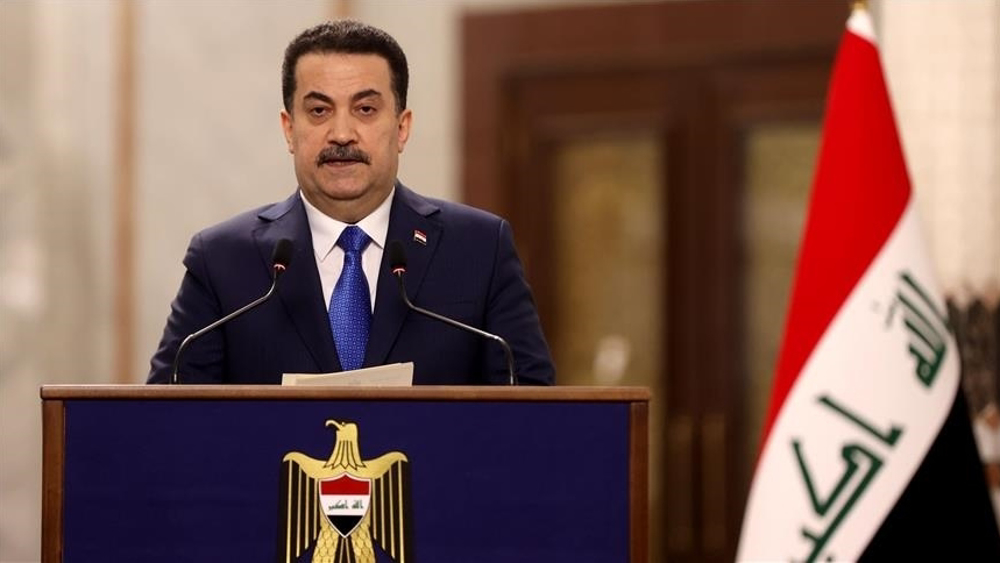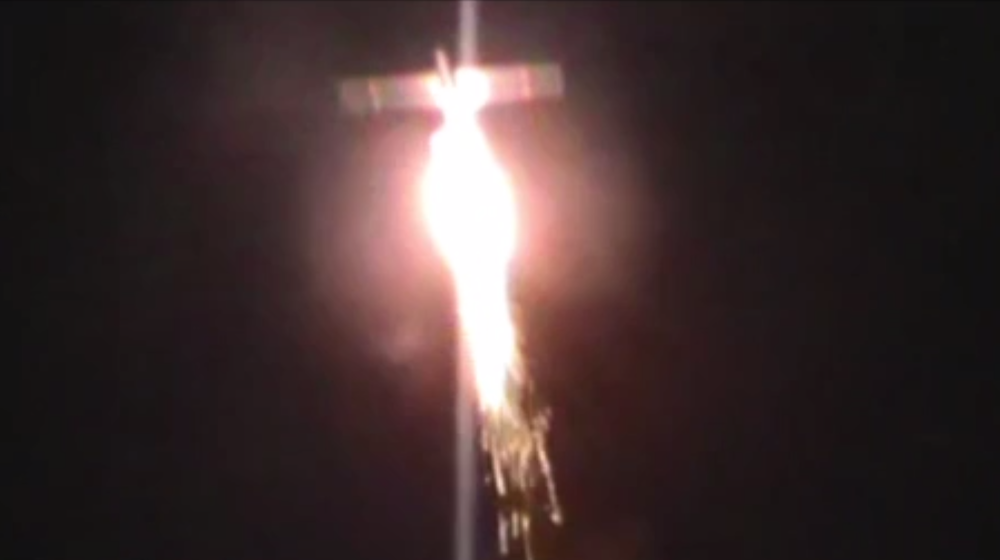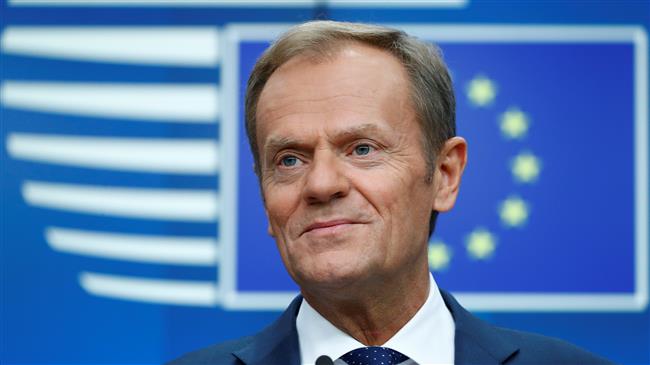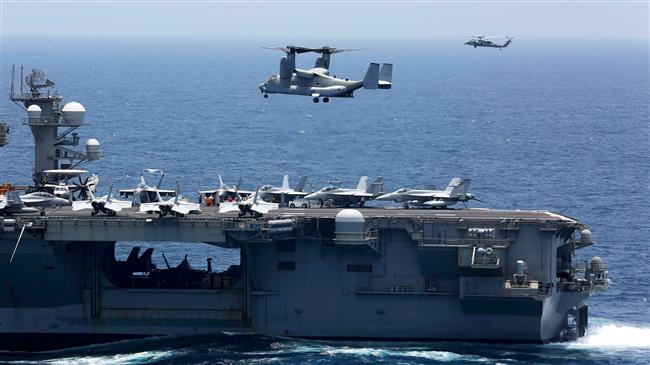US giant ExxonMobil puts on hold $53b Iraq oil deal over ‘security concerns’
American energy giant ExxonMobil has put on hold a $53 billion deal with Iraq over “security concerns” stemming from escalating tensions between the United States and Iran, an excuse that observers say the firm has made up to avoid discussing differences of opinion with Baghdad over the contract.
Iraqi government officials told Reuters on Friday that ExxonMobil deal to boost oil production in the country’s southern fields is now indefinitely on hold.
A combination of contractual wrangling and security concerns over rising tensions between Iraq’s biggest neighbor Iran and the United States -- an issue that is widely blamed on Washington's own warmongering policies in the Middle East region -- has conspired to hold back the deal, according to the officials speaking on condition of anonymity due to the sensitivity of the matter.
They said the negotiations have been stymied by terms of the contract that Baghdad objects to and that the main sticking point was the means by which Exxon proposed to recoup its development costs for the oil produced in the oil fields of West Qurna and Rumaila in Iraq’s southern province of Basra.
Iraq has opposed the portion Exxon wants from the oil output in the two fields, with one of Baghdad's negotiators saying the deal encroaches on state ownership of production and that the government would not sign anything until the current terms proposed by Exxon were revised.
“We told them that we totally reject any production-sharing mechanism as it contradicts government energy policy,” said an official who is part of the negotiating team, adding it was too early to say what kind of contract Iraq would favor.
The American oil and gas corporation giant has so far declined to comment on the terms of the contract or the negotiations.
The deal has also been hurt by two different evacuations of Exxon employees from the Arab country.
Hundreds of US embassy employees were evacuated last month following unspecified security threats after attacks on four oil tankers off the Emirati port city of Fujairah, for which the US and its allies in the region blamed Iran.
The Iraqi government also criticized the giant ExxonMobil in May for evacuating its staff working on the West Qorna oil site in southern Iraq under the pretext of protecting them from what Exxon officials called a lack of safety.
“Exxon pulled its staff from Iraq in response to regional unrest. The question is how they will run a $53bn project with constant regional instability,” said an Iraqi oil official who oversees foreign companies’ operations in the south.
Moreover, a rocket attack allegedly targeted Exxon Mobile in Iraq earlier this week, with an Iraqi intelligence official saying 40 workers had been evacuated from an oil-drilling site in Basra province.
The latest development in the ExxonMobile deal came as tensions between the US and Iran hit a new high.
The Islamic Republic shot down an intruding American spy drone in the country’s southern coastal province of Hormozgan in the early hours of Thursday.
Following the incident, US President Donald Trump reportedly approved a military strike against Iran, but cancelled it 10 minutes before the attack was going to be launched.
The shooting down of the US spy drone was the latest incident in a chain of events around the Persian Gulf region which started after Washington upped the ante in its conflict with Iran by deploying additional troops, along with Patriot missiles and manned and unmanned spying aircraft, aircraft carriers, and B-52 bombers to the Middle East over the past few weeks.
Iran, in response, called on the US to stop instigating conflict in the region and pull its troops out of the Persian Gulf.
World leaders, states hail ICC arrest warrants against Netanyahu, Gallant
MP: US accountable for possible Israeli 'foolishness' to attack Iraq
VIDEO | Israeli policies strangle Palestinian agriculture, economy
Iran's president offers condolences to Pakistan over terrorist attack
Canada’s Yukon town council at standstill over refusing oath to King Charles
Yemen's Houthi calls for jihad to protect Palestine against Israel
VIDEO | Internal rifts within Israel
Russia launches 'ICBM' for first time against Ukraine: Kiev



















 This makes it easy to access the Press TV website
This makes it easy to access the Press TV website